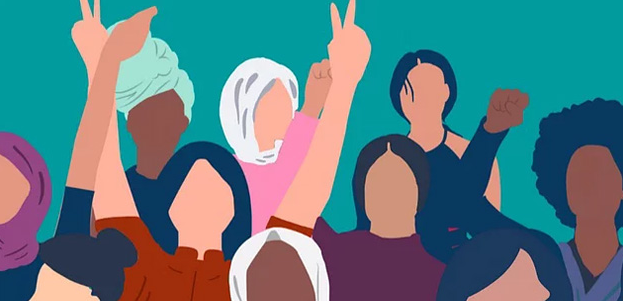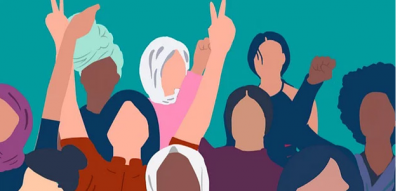The United Nations attributed the low participation of women in the political sphere to the violence and threats they face, despite an increase in women holding positions. Data showed an overall improvement in the number of women in leadership roles within political contexts, whether in government or parliament; however, some countries in the Middle East and North Africa lag significantly behind.
Sima Bahous, Executive Director of UN Women, stated in a statement: "The ongoing violence and threats, both online and offline, faced by women leaders, candidates, and voters weaken the impact of their voices and their knowledge to effect the necessary change urgently needed for economic and social recovery."
The international organization, in its report released on the occasion of International Women's Day, added: "Full democracy requires equal participation of women in all its processes."
As of January 1, 17 out of 151 countries (11.3 percent) allowed women to hold the position of head of state (excluding monarchies), while women held the position of prime minister in 19 out of 193 countries (9.8 percent), which represents an improvement from ten years ago when those figures were 5.3 percent and 7.3 percent, respectively.
Europe ranked first globally, with women serving as head of state in 16 countries. Women constituted 22.8 percent of the total number of ministers worldwide as of January 1. Data also indicated that the global average of women in national parliaments rose to 26.5 percent as of January 1, compared to 25.5 percent a year earlier.
Data from the European Union's statistics office published on Wednesday revealed that women held 32.7 percent of all parliamentary seats in the EU as of July 2022, while in the rest of the world, women in the parliaments of Rwanda, Cuba, and Nicaragua outnumbered men.
UN Women data indicated that the Middle East and North Africa region ranked last, with women holding less than 18 percent of parliamentary seats in the region.




